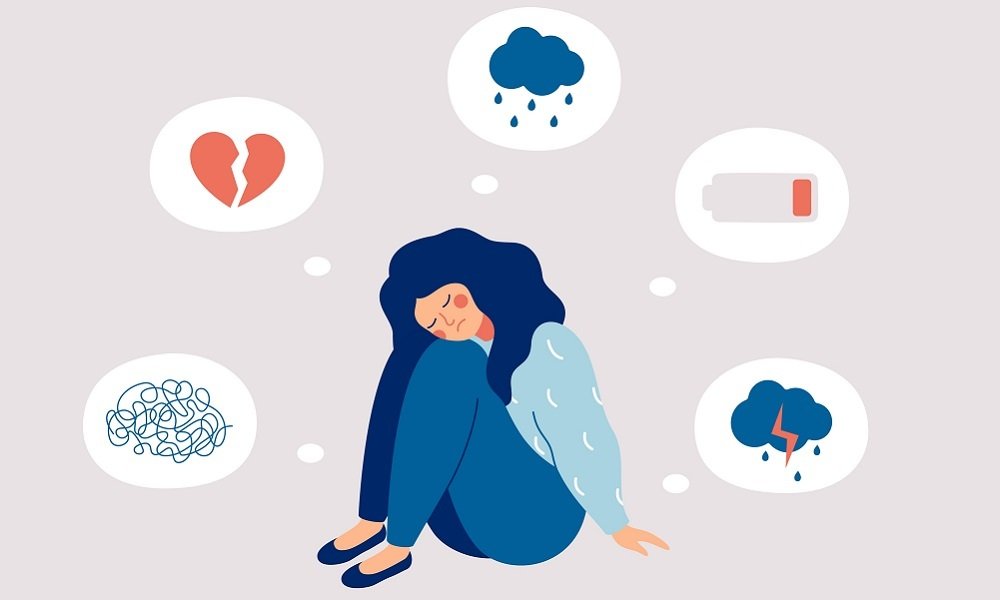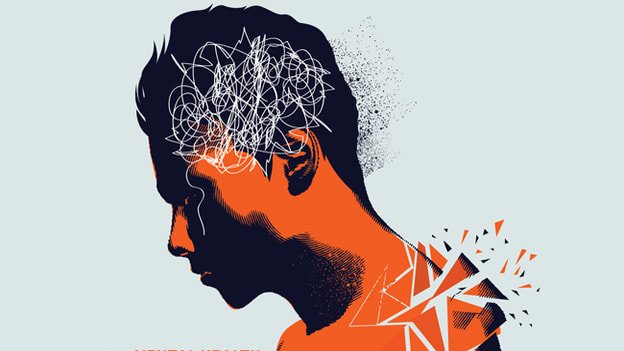When the Past Doesn’t Let Go: Understanding Complex PTSD
What Is Complex PTSD?
Not all wounds are visible. Some settle deep into the mind, slowly weaving themselves into the way a person sees the world, others, and even themselves. On PTSD Awareness Day, it’s important to spotlight a form of trauma that often goes unnoticed: Complex PTSD (C-PTSD)—a condition many people live with silently, often misdiagnosed, misunderstood, or minimized.
Unlike traditional PTSD, which typically follows a single traumatic event, C-PTSD stems from repeated or long-term trauma, especially during early developmental years. This includes surviving chronic abuse, domestic violence, neglect, captivity, or emotionally unsafe environments—particularly when escape didn’t feel possible.
Living with C-PTSD: More Than Just Flashbacks
For someone with C-PTSD, the trauma isn’t just a memory—it’s an ongoing internal experience. The body and mind remain in a state of hypervigilance, constantly bracing for danger. People may experience:
- Flashbacks and nightmares
- Emotional triggers that feel like re-living trauma
- Difficulties with emotional regulation
- Chronic anxiety or depression
But C-PTSD goes deeper. It often affects self-identity, making individuals feel “broken,” “unlovable,” or permanently damaged. This internal narrative of shame is heavy and persistent—and it doesn’t just hurt, it isolates.

The Invisible Impact on Daily Life
Many people with Complex PTSD mask their pain behind smiles and daily routines. They go to work, take care of their families, and function on the outside. But on the inside, there’s a constant storm.
C-PTSD can lead to:
- Emotional numbness or shutdown
- Fear of relationships or unhealthy attachment
- Low self-worth and self-doubt
- Difficulty trusting others
- Chronic feelings of guilt or shame
Even minor stressors or conflicts can feel like life-threatening crises when your nervous system has been conditioned by years of trauma.
Why PTSD Awareness Day Matters
On PTSD Awareness Day, we often focus on trauma related to war, accidents, or disasters—but trauma exists in quieter, more chronic forms too. C-PTSD deserves the same attention and compassion. It’s essential to recognize how trauma can compound over time and fundamentally change how someone relates to themselves and the world.
By increasing awareness, we create space for people to understand what they’re going through, seek help without shame, and connect with others who relate.
Found this helpful? Subscribe below for more



